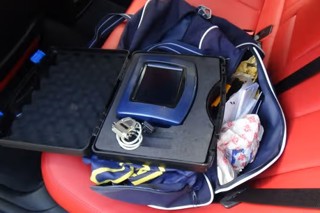The deadline for the implementation of the ADR Directive into UK Law is July 9, 2015, yet few dealers, if any, have heard of it let alone implemented it.
So what is it?
ADR, or alternative dispute resolution, is a method of resolving disputes without going to court and includes mediation, conciliation and arbitration. Currently many industry sectors including financial and legal services have a residual scheme run by the ombudsman.
However, the automotive sector and specifically used car sales and car repairs, is completely unregulated and without an ombudsman, leaving it wide open for consumer rights to be exploited, aided by the time and cost involved in taking firms to court.
The new law will ensure that ADR is available for any and all consumer contractual disputes which unsurprisingly includes complaints under the recent amendments to Unfair Contract Terms and Distant Selling as well as the new Consumer Rights Act.
So, what do dealers need to do to be compliant?
The long and short of it is to have a clear complaints process included on their website and sales invoices, setting out that complaints should be made in writing to the supplying dealer.
After which, If the issue remains unresolved after writing on at least two occasions, the dealer must advise the customer about ADR, provide details of a designated ADR provider and of course inform them about the option of taking part in ADR.
While dealers and repairers won’t be compelled to use ADR, they will face being penalised for not making the information referred to readily available in a durable form.
Is that it?
Ordinarily, it is accepted that the judiciary are keen to “encourage” the use of ADR in pre-action protocols under the risk of parties unwilling to try and mediate being awarded costs against them.
However, the small claims rules, which limit the recovery of costs from the losing party, all but extinguish this tacit encouragement.
Nevertheless, given that unsuccessful defences under the new Consumer Rights Act can give rise to the transgressions being displayed on the offending dealer’s website and Trading Standards, it may be wise to at least consider trying to resolve complaints out of court.
Author: Philip Harmer (pictured) is a partner at Stormcatcher Motor Industry Lawyers. He is a practising lawyer, author and speaker on all aspects of employment, commercial and motor trade law.



















Login to comment
Comments
No comments have been made yet.